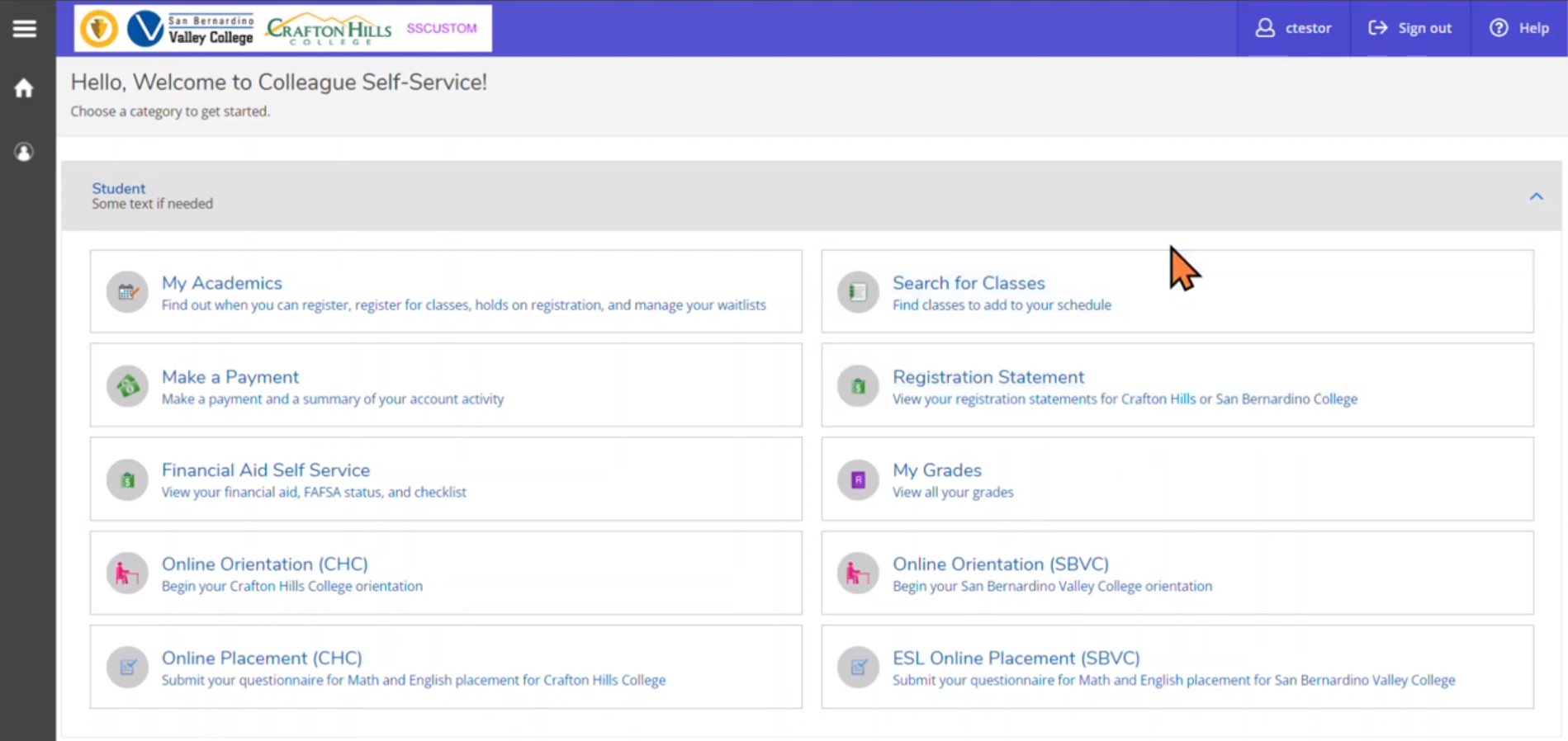State Authorization
In order to meet the standards of the Accrediting Commission for Community and Junior Colleges (ACCJC), SBVC needs to demonstrate that it abides by federal and state regulations. One such regulation has been labeled "State Authorization." If an institution is offering postsecondary education through distance or correspondence education in a State in which it is not physically located, the institution must meet any State requirements for it to be legally offering distance or correspondence education in that State. An institution must be able to document upon request from the regional accrediting agency that it has such State approval. Colleges will have generally until July 1, 2014, to make good faith efforts to identify and obtain the necessary State authorizations before that date." Evidence of good faith efforts includes the following: • An application to a State, even if it is not yet approved. • Documentation from a State that an "application is pending." Regardless of Federal regulations the State laws still are in place and there is an expectation that colleges and universities will comply with State laws.
SBVC's Online Program Committee has a plan to address the issue of State Authorization.
1. Create web page on the SBVC website identifying issue to out of state students and giving them information about filing complaints from their state of residency. [Done: Fall, 2012. Link to web page.]
2. Fall, 2012: create a process for identifying non-resident students taking online classes and actually, physically residing in another state. [Done: Fall, 2012]
Fall, 2012: 5 non-resident students who provided home addresses in another state. List provided by the District's TESS office. None of those students were enrolled only in online classes; they were enrolled in classes that met physically on SBVC's campus. Confirmed by SBVC's Admissions and Records Office.
Spring, 2013: 5 non-resident students who provided home addresses in another state. List provided by the District's TESS office. None of those students were enrolled only in online classes; they were enrolled in classes that met physically on SBVC's campus. Confirmed by e-mail to students and by administrative co-chair of the Online Program Committee.
Fall, 2013: 7 non-resident students who provided home addresses in another state. List provided by the District's TESS office. None of those students were enrolled only in online classes; they were enrolled in classes that met physically on SBVC's campus. Confirmed by faculty co-chair of the Online Program Committee.
Spring, 2014: 1 non-resident student who provided home addresses in another state. List provided by the District's TESS office. That student is taking an online class at SBVC while living in Boise, Idaho. For Idaho, having a student taking an online class from an out-of-state institution does not constitute a trigger for "physical presence" in the state. Therefore, no authorization needs to be sought. Also, this semester 1 adjunct faculty member is teaching an online class at SBVC while living in Ohio. For Ohio, having an instructor teach an online course in another state while living in Ohio does not constitute a trigger for "physical presence" in the state. Therefore, no authorization needs to be sought.
Fall, 2014: 3 non-resident student who provided home addresses in another state. List provided by the District's TESS office. None of those students were enrolled only in online classes; they were enrolled in classes that met physically on SBVC's campus. Confirmed by faculty co-chair of the Online Program Committee. Also, this semester 1 adjunct faculty member is teaching an online class at SBVC while living in Ohio. For Ohio, having an instructor teach an online course in another state while living in Ohio does not constitute a trigger for "physical presence" in the state. Therefore, no authorization needs to be sought.
3. Spring, 2013: create a process for identifying the triggers for state authorization in the specific states where SBVC online students reside. [Done: Spring 2013. Link to SHEEO list of triggers]
4. Spring, 2013: create the processes necessary for the office of the Vice President of Instruction to apply for authorization, wavers, or notification; create the process necessary to document for ACCJC the activities surrounding state authorization. Identify non-resident students taking online classes and actually, physically residing in another state; Identify states and triggers; Update SBVC web site with this information, thus creating an open, transparent record of compliance that constitutes evidence for ACCJC; Communicate with the Vice President of Instruction with a recommendation about how to proceed for necessary state authorizations. [Done: Spring 2013. Link to list of states and the status of state authorization]


